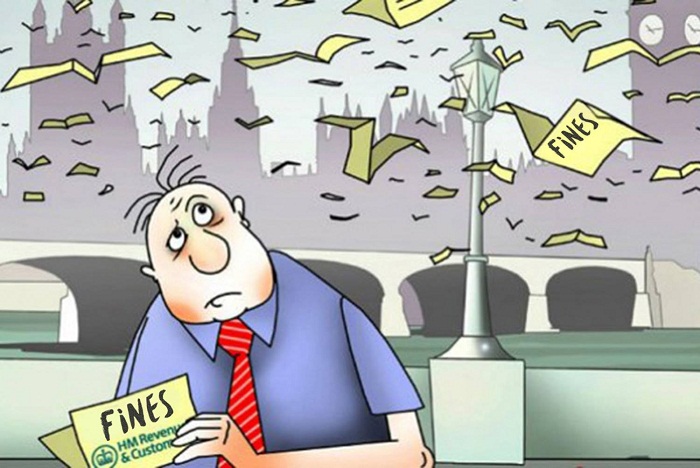Armenian Government Continues Policy to Fill State Coffers with Fines and Penalties

The proposed legislative package will still be reviewed at a later date by the parliaments standing committee on state and legal affairs.
In such cases, the government’s position impacts the parliament’s decision as to which bills should be adopted or not. We should also note that Armenian President Sargsyan also raised the same issues as contained in the bill at a September 11 government consultation.
At the advisory session, attended by law enforcement and other supervisory agencies, the president stated: “We must be able to differentiate between gross violations and those violations people regard as petty ones, and they regard this as a way to collect money from them. I repeat; fines are merely a means to reach an objective. When I say petty violations I mean, for instance, not adhering to all those painted lines in the street. Have we installed those lines in the best fashion possible or merely to result in further violations?”
During the session, Sargsyan instructed law enforcement to facilitate the complaints process for road/traffic fines.
MP Maroukyan recalled these instructions in his legislative package. But the government even failed to use the opportunity to make changes to the law or implement the president’s instructions.
I believe the reason is that the government, with its failed economic policies, doesn’t want to stop using traffic fines as a source of revenue to inflate the national coffers.
Alik Zakaryan, spokesperson of Security Dream Ltd., the company that has installed traffic and speed cameras in Armenia, verified that all fines collected go to the national budget.
In May, Hetq wrote that the number of fines being processed in various government agencies had risen to several hundred thousand and that the courts were so overworked that they gave the responsibility of collecting fines, for a period of one year, to the Compulsory Enforcement Service, a branch of the justice ministry.
This step directly violates the rights of citizens to a hearing regarding such fines.
A study conducted by lawyers in Armenia has revealed that various ministries and their affiliates have, in the current year, launched 1.5 million administrative fine decisions. We don’t know the amount of the collected fines.
This figure does not include the fines filed against 345,000 drivers. MP Maroukyan claims that in 2014, some 3.1 billion drams (US$6.533 million) in traffic/road violations fines were paid.
Maroukyan says that a citizen’s right to appeal such fines is enshrined in the constitution and Article 13 of the European Convention on Human Rights.
When a person receives a fine, the administrative body informs the person that he/she has allegedly committed such a violation and must pay the fine. The person can contest the violation, fully or partly.
The person, however, doesn’t possess enough legal knowledge to argue his position and appeal the fine. Neither does the person have the possibility of hiring a lawyer, which would entail added expenses.
Thus, when the courts decided to free themselves of the backload of collecting fines, citizens with scant legal awareness were the ones most affected and their rights violated.
The fines collected from them fill the national budget and go to fill the pockets of private and other bodies.
One must remember that according to the law on the books it is only when fines are more than 200,000 drams that a court case is launched and collected based on a court’s writ.
Meanwhile, 95% of the penalty acts do not exceed this threshold. Consequently, citizens are deprived of their right to a court defense.















































